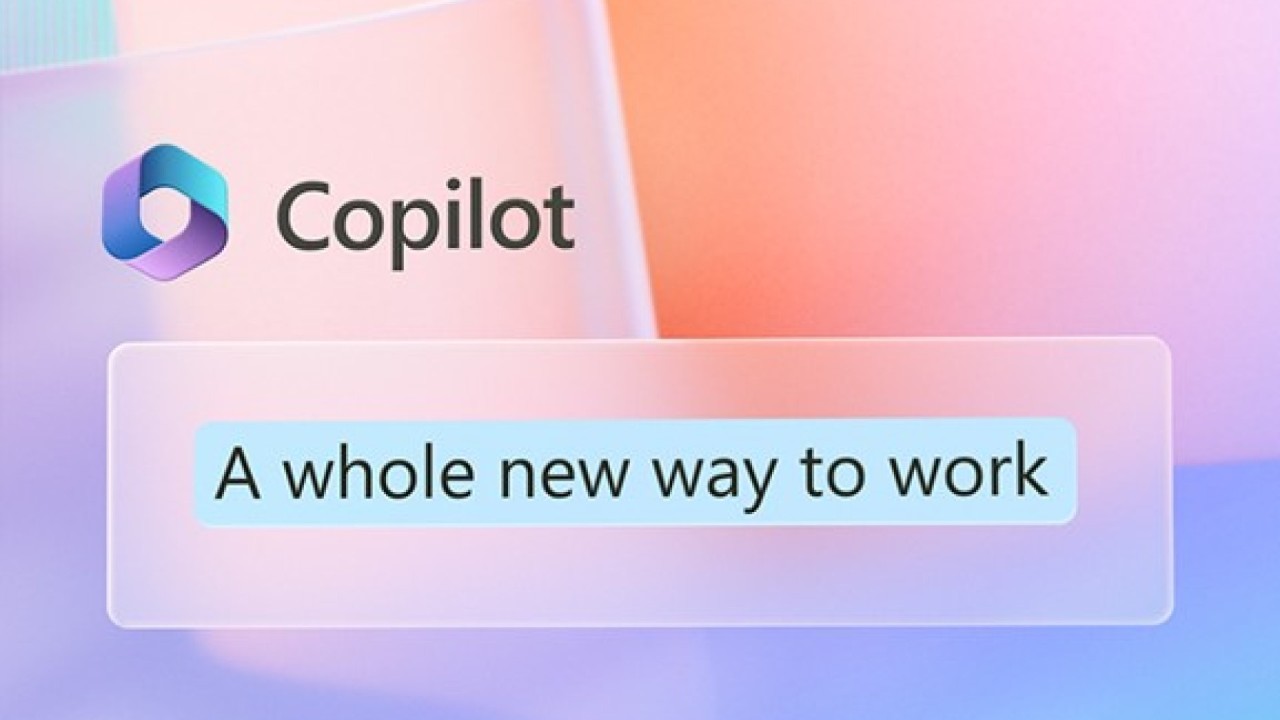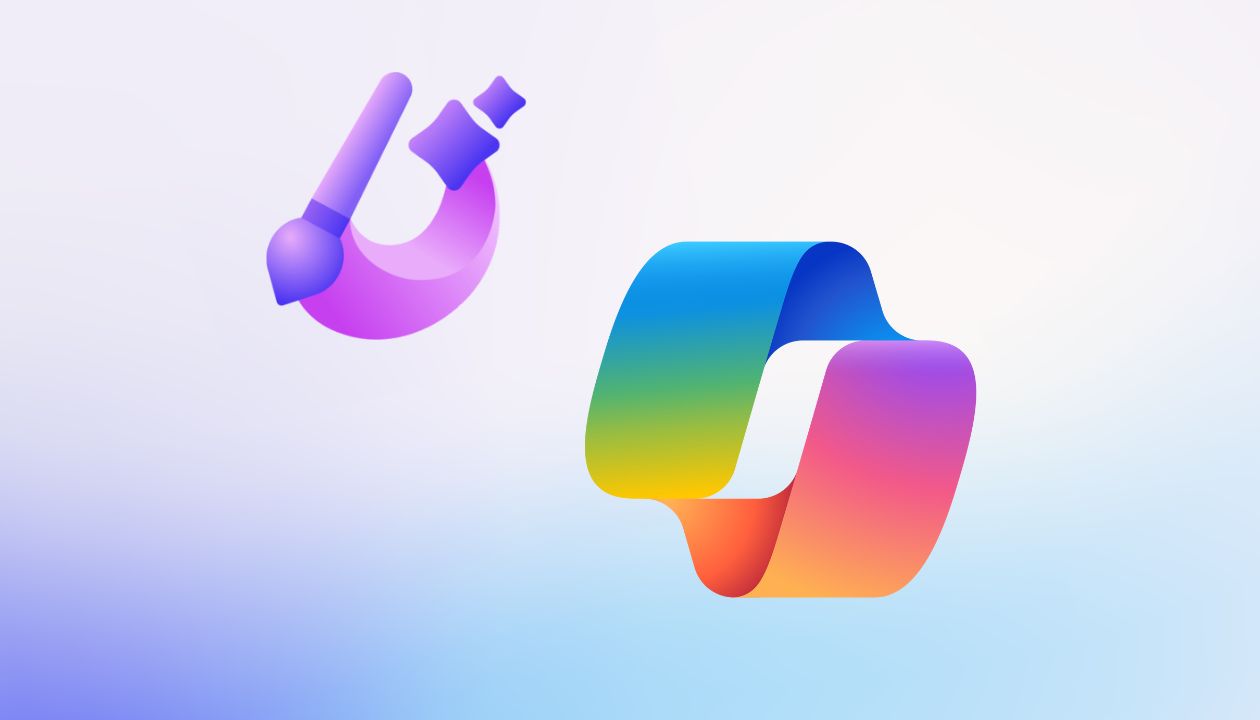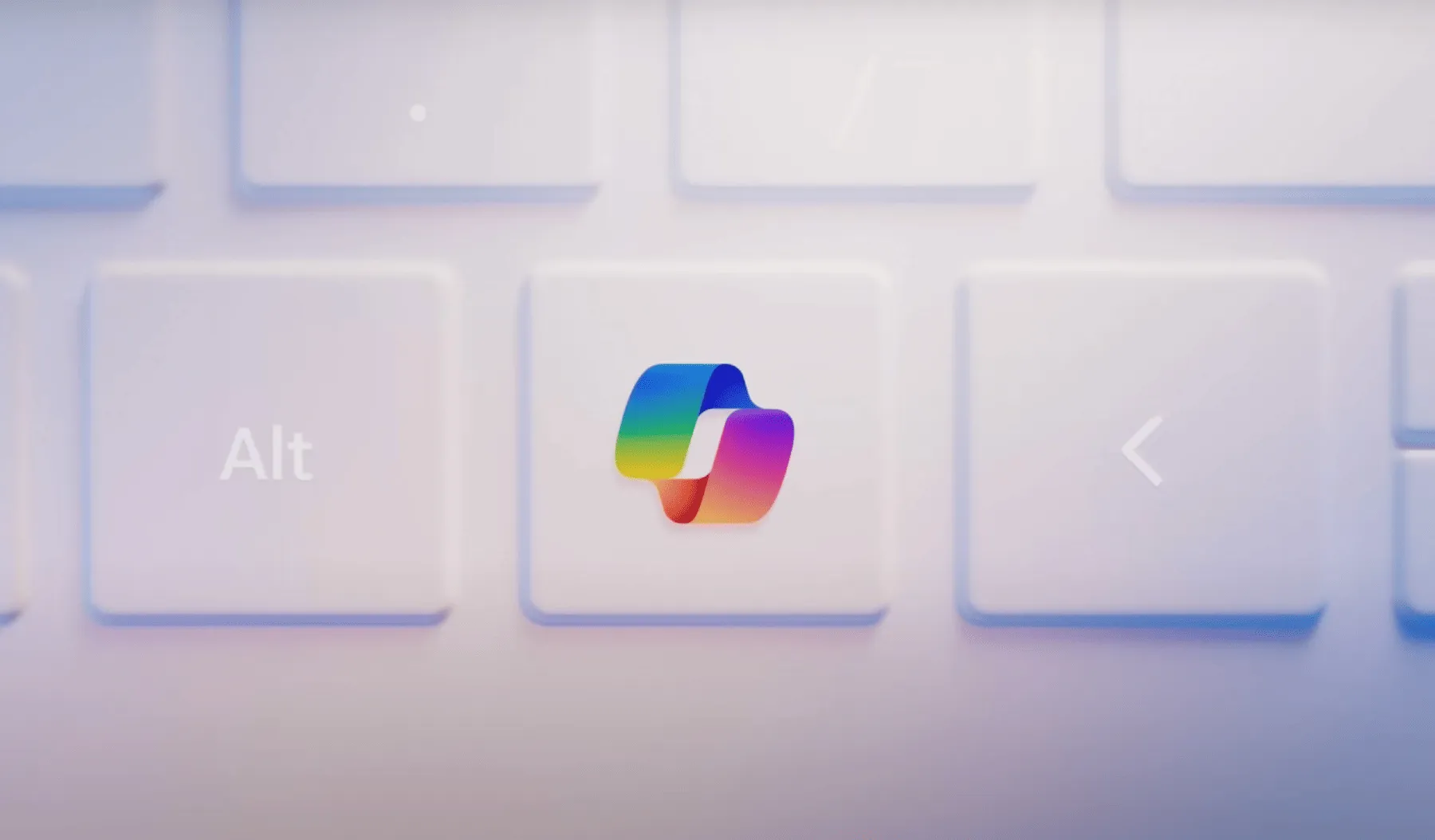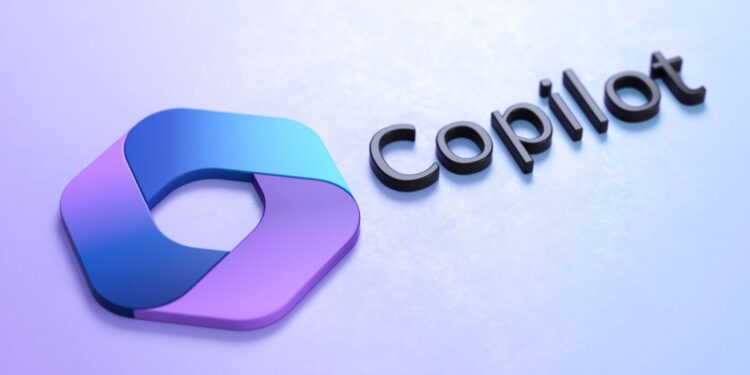Under the leadership of Mustafa Suleyman, Microsoft is embarking on a transformative journey with its Copilot technology. The newly envisioned features aim to not only streamline functionality but also introduce a layer of emotional support across its platforms, particularly Windows and Office.

Empathy at the Core of Microsoft’s Technological Advancements
In a bold move to make digital experiences more human-centric, Mustafa Suleyman, the head of Microsoft’s AI initiatives, is spearheading significant enhancements to the Copilot assistant. The enhancements aim to imbue the technology with capabilities such as an empathetic voice, advanced reasoning, and even visual recognition. This strategic shift reflects an understanding that modern technology should be as emotionally aware as it is intelligent.
A Revolutionary Approach to User Interaction
Historically, Microsoft has been a powerhouse in software innovation, and this new direction could redefine user interactions with everyday software. The integration of emotional intelligence into Copilot could lead to a more intuitive and supportive user experience, making technology not just a tool, but a partner in the user’s daily activities.

Insights from the AI Lab
According to WIRED’s AI expert Will Knight, this evolution is part of a broader trend where artificial intelligence is increasingly intersecting with real human needs and emotions. Technologies that understand and react to emotional cues are poised to become integral to our digital interactions. Microsoft’s initiative could set a new standard for how technology platforms support their users, not just through tasks but through emotional engagement and support.

The Future of Technology with a Human Touch
As AI continues to evolve, the focus is increasingly on making these solutions feel more natural and supportive. Microsoft’s move to enhance Copilot with emotional intelligence is just the beginning of a broader shift towards more empathetic technology solutions. By prioritizing emotional connectivity, Microsoft is not just changing how we use technology—it’s transforming the relationship between users and their digital environments.
Incorporating these advancements into widely used platforms like Windows and Office could dramatically improve how individuals interact with their computers, potentially making the technology feel more like a collaborator than a tool.

With these changes, Microsoft is not only enhancing its product offerings but also paving the way for a future where technology is more attuned to the emotional and cognitive needs of its users. This initiative is a significant step towards a world where technology’s intelligence is matched by its understanding of human emotion, making every interaction more intuitive and supportive.










